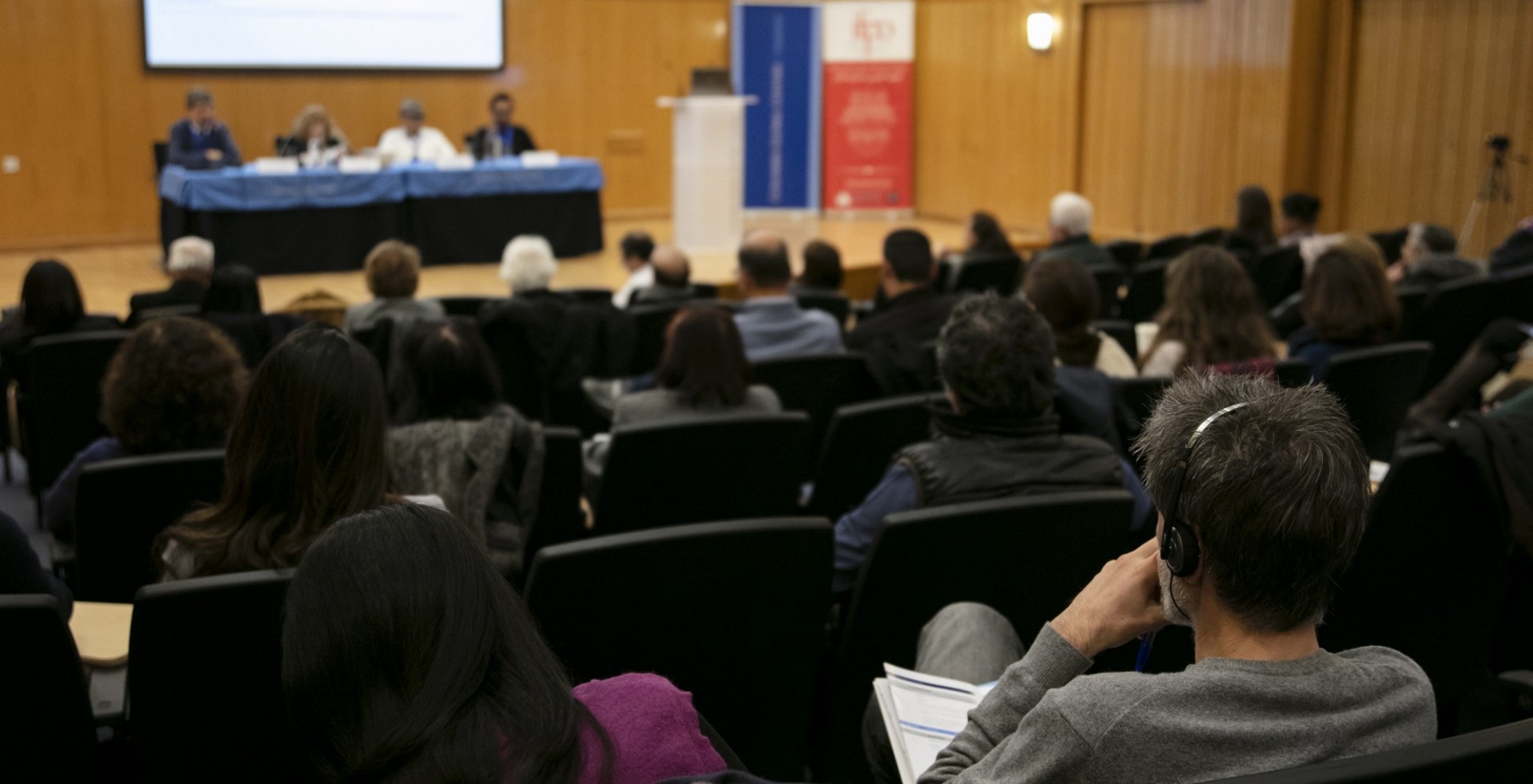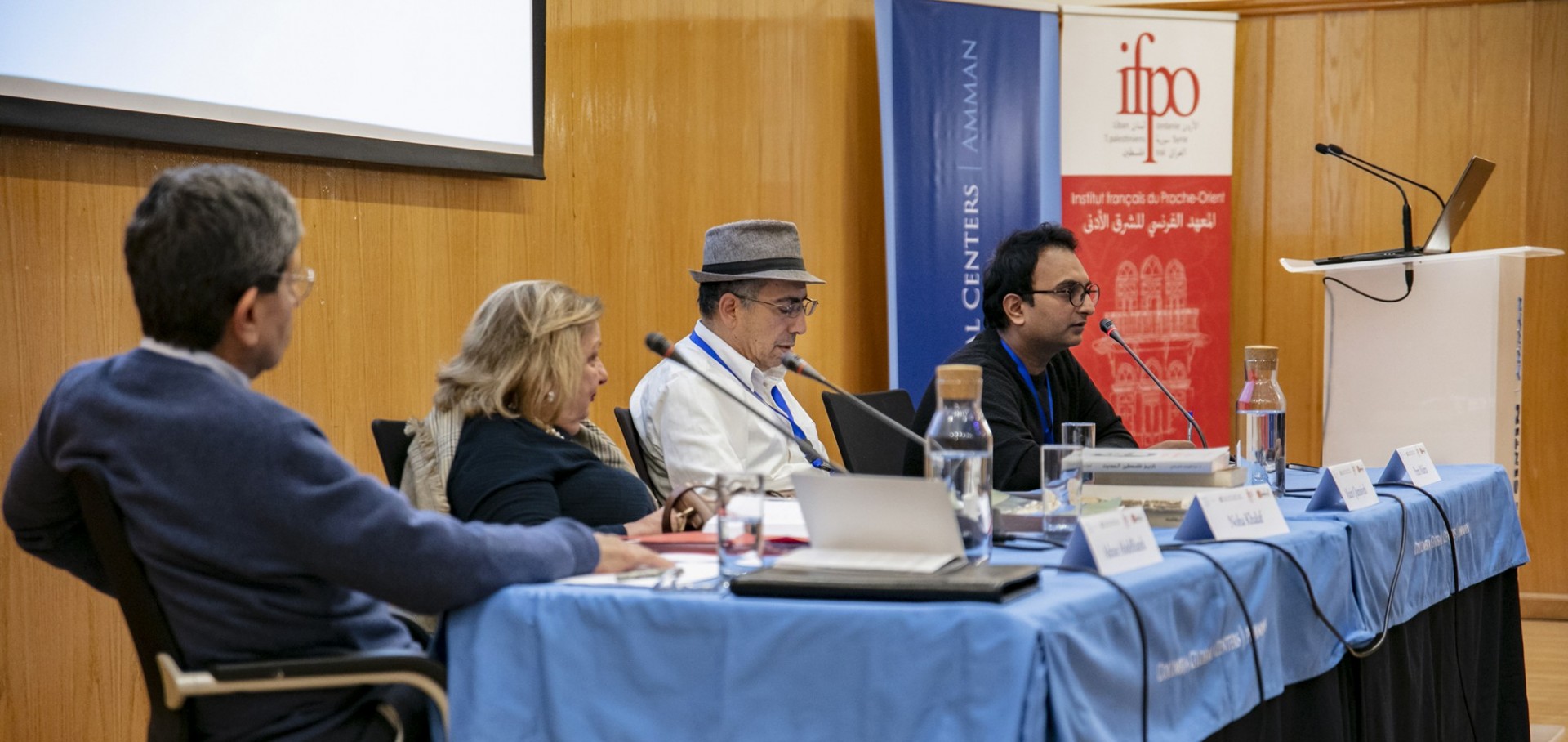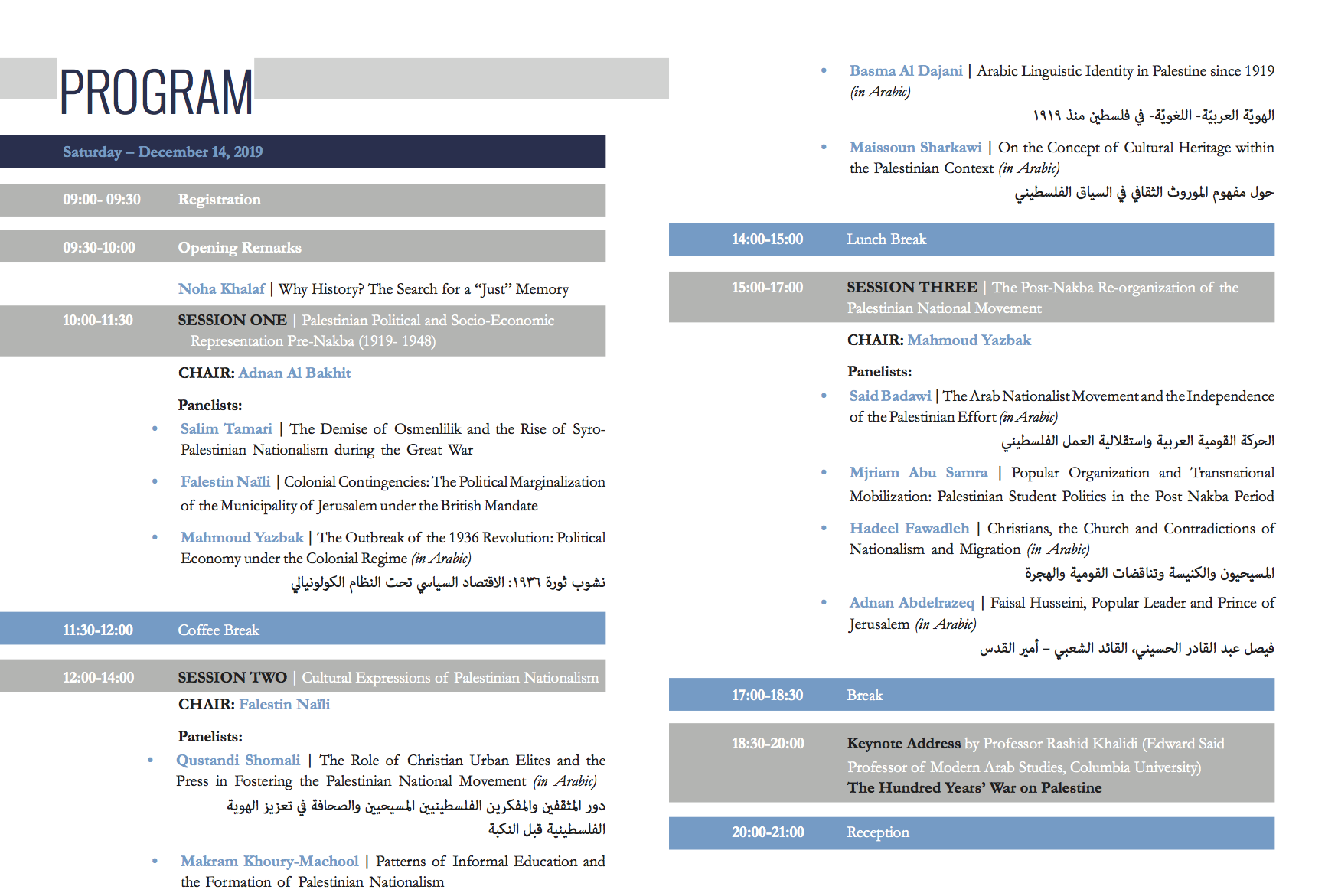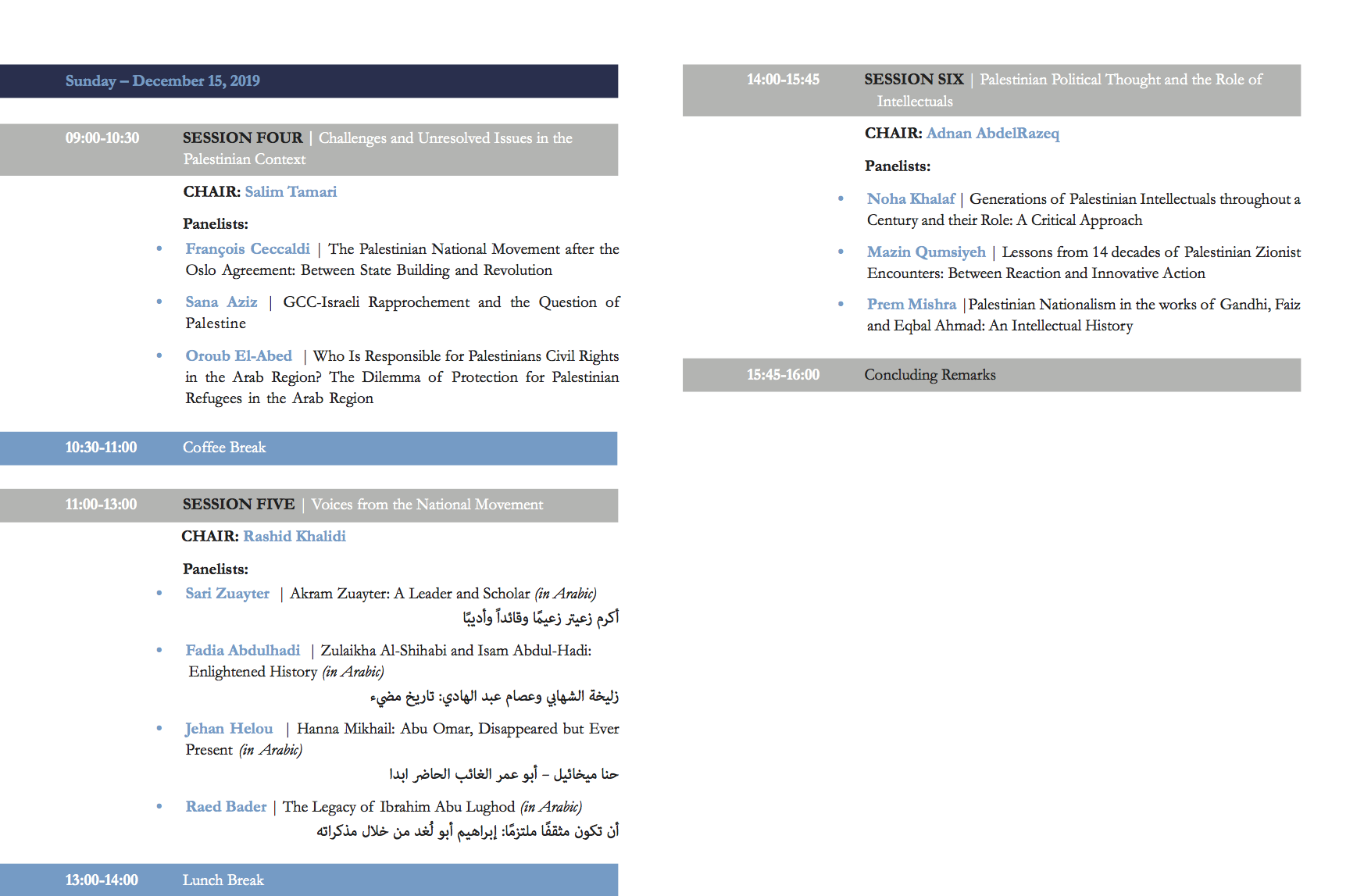The first Muslim-Christian Associations (MCA) were formed at the end of 1918. In the face of the British strategy of ‘divide and rule’ and of the Balfour Declaration of 1917 which referred to the Arab majority in Palestine simply as ‘non-Jewish communities,’ the establishment of the MCAs was intended to present a united front against the colonial power. Despite the presence of other nationalist organizations such as al-Nadi al-Arabi, al-Muntada al-Adabi, and al-Jamiyyah al-Khayriyah, the MCAs developed into a nation- wide body with branches in many cities.
In January 1919, the First Palestinian Congress was held in Jerusalem to coincide with the Paris Peace Conference. The attendance at the Conference of Chaim Weizmann, who presented Zionist claims, was a trigger for the calling of the First Palestinian Congress, in order to submit Arab and Palestinian counterclaims at the Conference.



